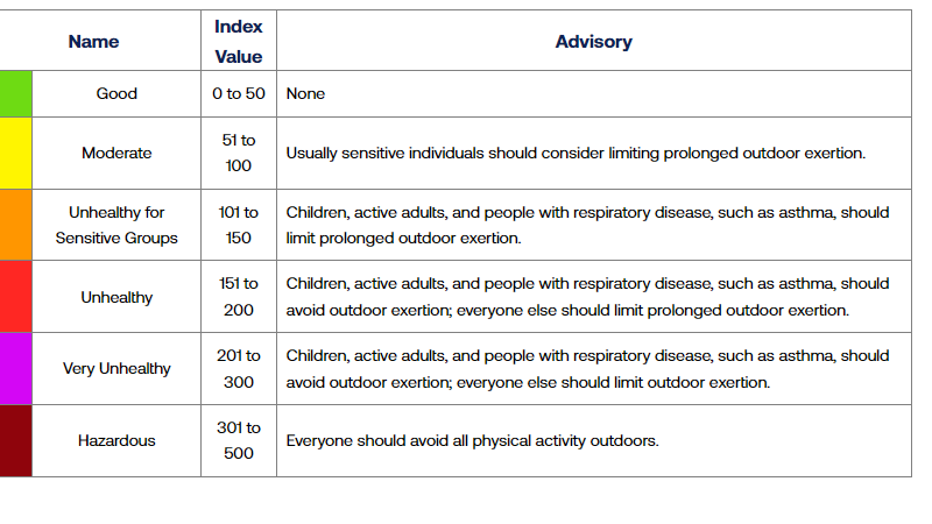DC region heat intensifies air quality concerns for at-risk groups
DC Summer Weather Outlook: Air quality dangers
It’s summertime and we are all trying to deal with the heat and humidity, but it can be extremely dangerous for people with cardiovascular, lung diseases, and asthma. The American Lung Association recommends checking the Air Quality Index daily to find out when air pollution is dangerous. FOX 5's Jennifer Delgado has the story.
BETHESDA, Md. (FOX 5 DC) - It’s officially summer, and we are all trying to deal with the heat and humidity, but it can be extremely dangerous for people with cardiovascular, lung diseases and asthma.
The American Lung Association recommends checking the Air Quality Index daily to find out when air pollution is dangerous.
The AQI tracks ozone and particle pollution daily all year round to protect sensitive individuals from unhealthy levels of pollution.'

The AQI uses a scale which ranges from 0 to 500. A score of 0 indicates perfect air quality, while a score of 500 indicates a severe threat to public health.
It divides air pollution levels into six categories, each with a specific name, color, and health advice. AQI values at or below 100 are generally safe for most people. However, when the AQI exceeds 100, the air quality is considered unhealthy, and higher numbers indicate a greater risk of health problems.
Dr. Amit "Bobby" Mahajan, an American Lung Association pulmonologist, spoke to FOX 5 about the local dangers for at-risk groups.
"When we talk about the DMV, the combination of being in a metro area, in addition to having really hot, muggy summer days – the combination of that can be tough on patients, especially individuals who have underlying lung diseases like emphysema, asthma, and some people who are just older in general," Dr. Mahajan said. "Climate change is a real thing, and we're seeing that frankly, it is affecting people not only with their breathing quality but all the other things we run into in terms of exposure to the sun and heat exhaustion. We saw more purple days in general because, in the last year, we experienced exposure to Canadian wildfires."
Air pollution safety tips
- Don't assume that you're safe just because you're healthy. Air pollution can threaten anyone's health. Be aware of how you feel on high-pollution days and take steps to help protect yourself.
- Are you or someone in your family at higher risk from air pollution? Children and younger adults, people who are pregnant or living with a chronic illness are all at higher risk. So are people who spend a lot of time outdoors. They are the first to feel the effects of ozone and particle pollution, and they need to take extra steps to protect themselves from harm.
- If the day's air quality forecast is code orange or worse, adjust your plans for the day. Avoid long periods of activity outdoors. The health effects of pollution are worsened over extended periods of exposure, and by the deep, rapid breathing that comes with exercise. Stay away from high-traffic areas, and do not exercise near those areas. On really bad purple or maroon days everyone should try to stay indoors as much as possible.
- Speak out for healthy air. Let your local officials know that you are concerned about the effect air pollution may be having on your health and that you support stronger pollution control measures.


